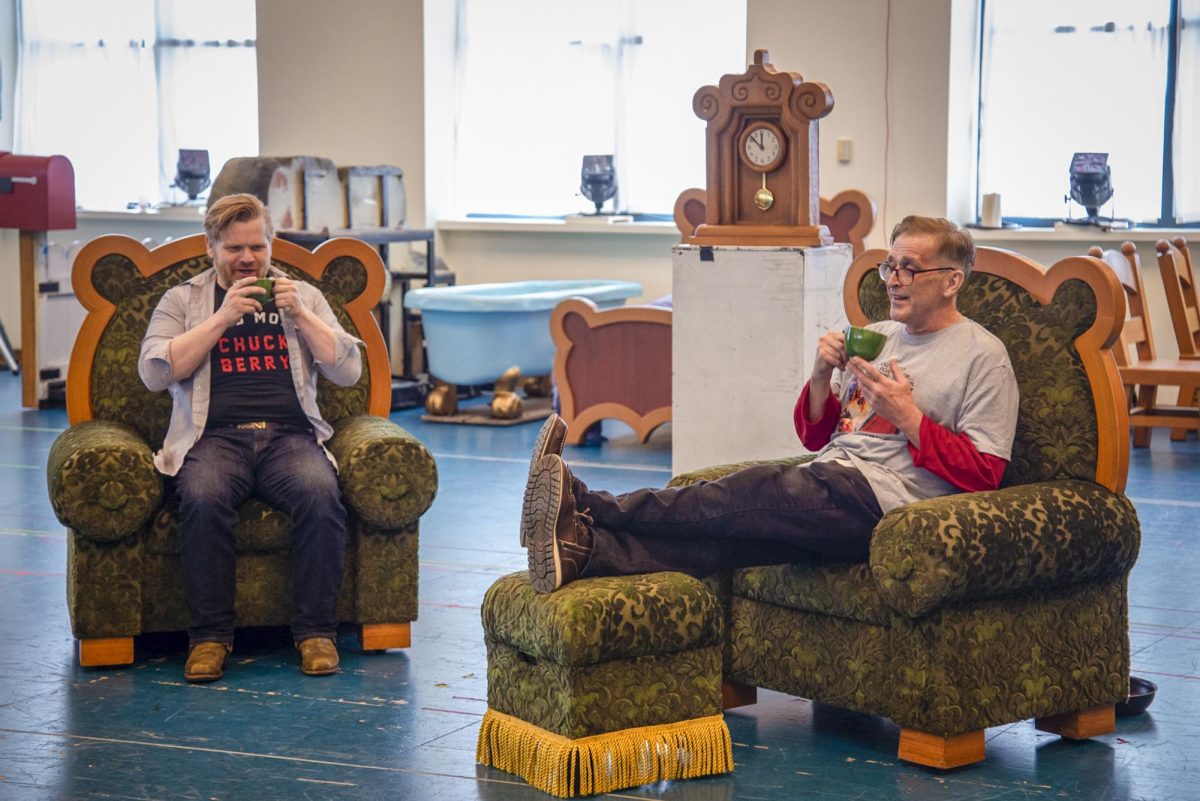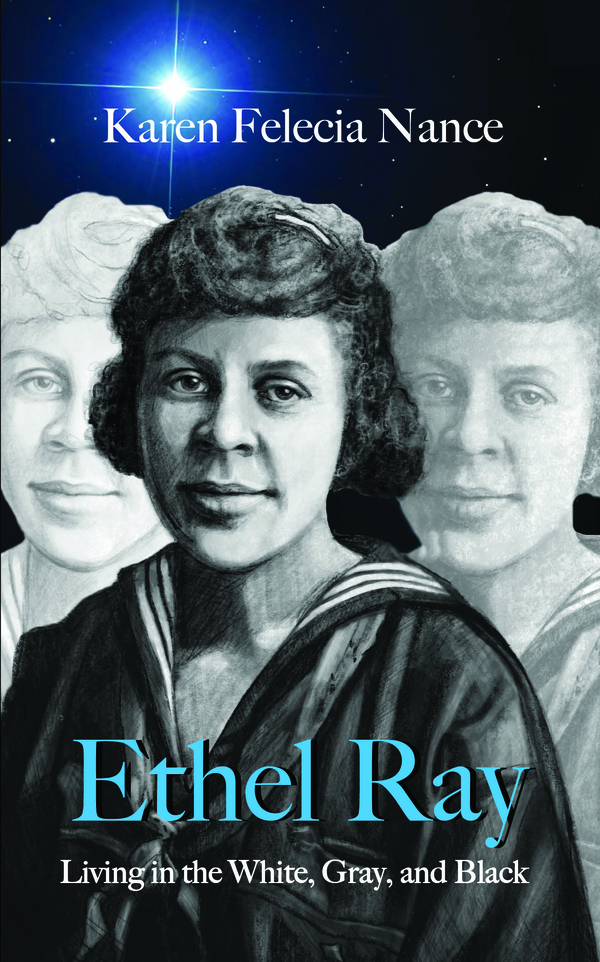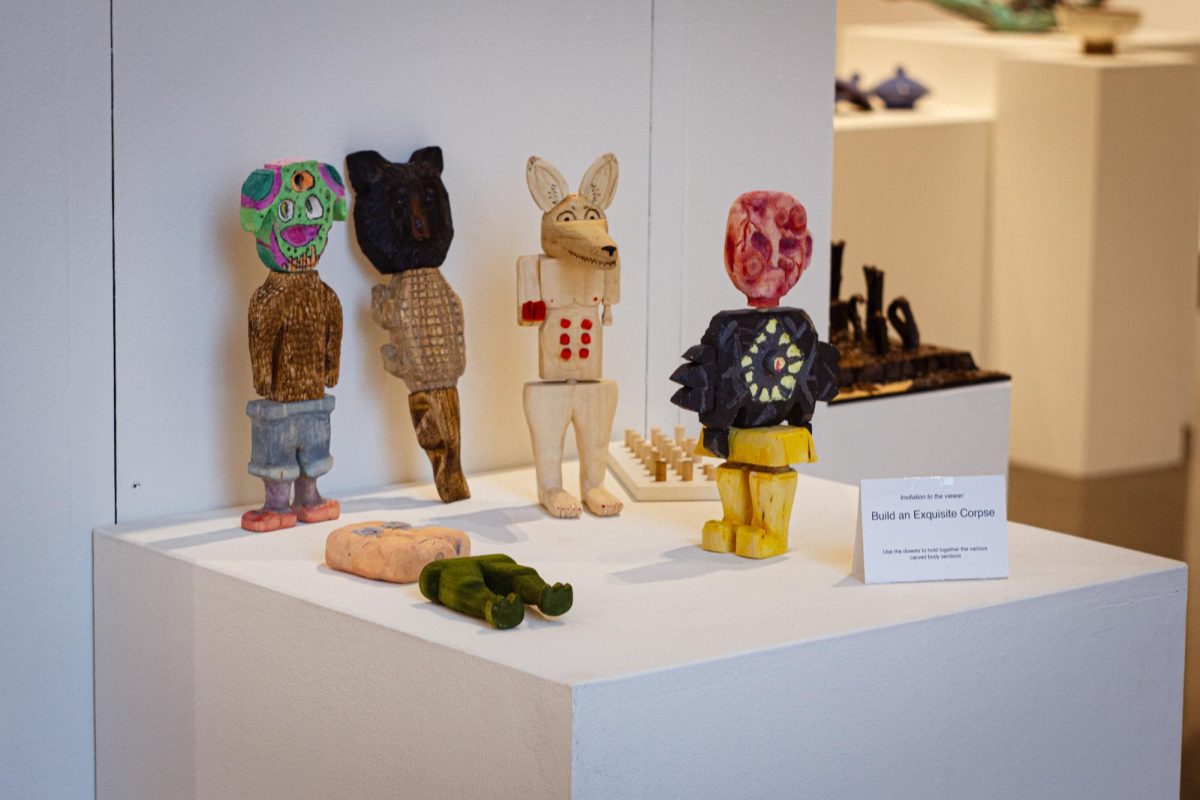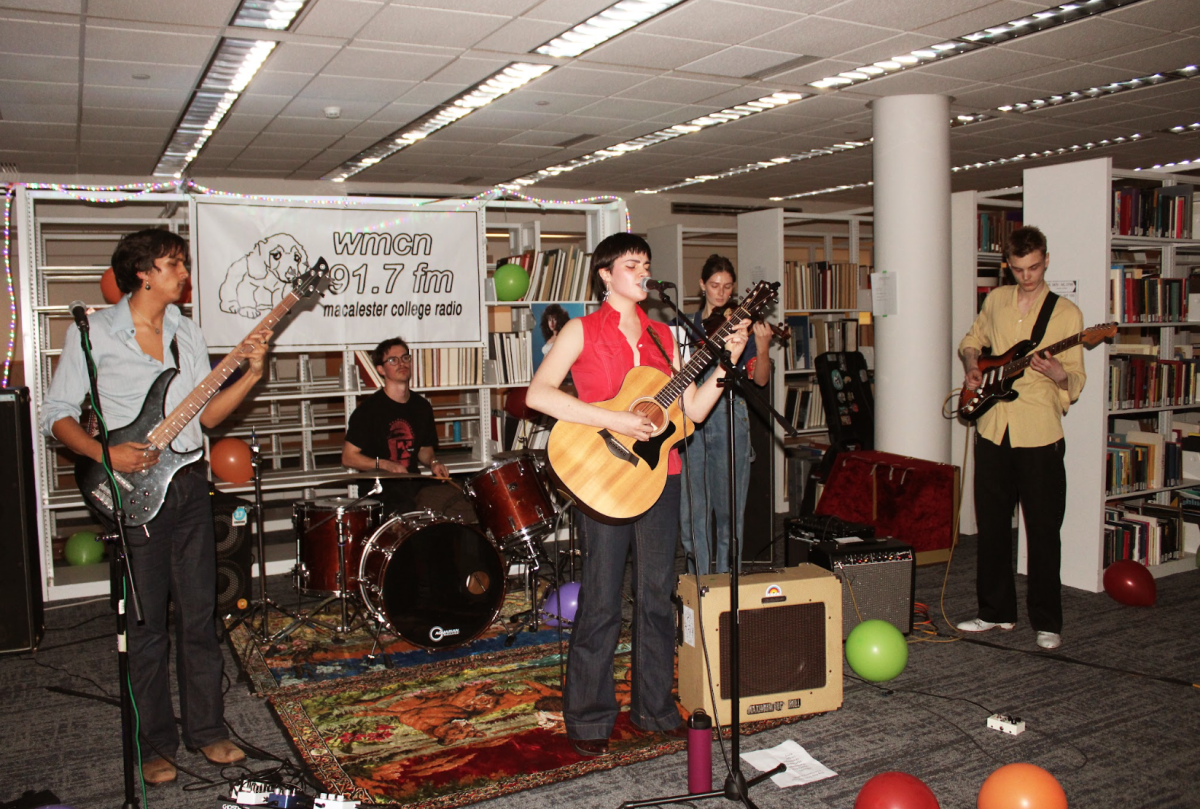A different voice narrates the first moments of the popular podcast Criminal every episode, offering a hint of what crime the next 25 minutes may have in store for the audience. The first voice we hear never belongs to Phoebe Judge, the host on the North Carolina-based hit, beloved among listeners for her calm and curious approach. That’s a hallmark of Criminal: Judge is our guide, but someone directly involved in the episode’s crime drives the story forward in their own voice. The show strikes a balance between investigative journalism and first-person storytelling, featuring everything from the bizarre to the shocking. This has propelled Criminal into the type of success that allowed Judge, along with co-founder and producer Lauren Spohrer, to embark on a two-month live tour this fall. Judge and Spohrer brought Criminal to the Cedar Cultural Center in Minneapolis last Sunday, November 6, and we had the opportunity to talk to Judge over the phone last week in advance of their show.
Before Judge and Spohrer started Criminal in early 2014, the two both enjoyed careers in public radio. They were looking for something that would allow them to tell a variety of stories, and be fruitful enough to sustain itself far into the future. “We wanted a show that would match the tone of my voice, which is rather calm and reserved and quiet,” Judge said. Focusing on crime in a broad sense, thus not focusing exclusively on perpetrators or victims, murders or small heists, offers opportunities for intimate storytelling. “I think crime stories lend themselves to very rich conversations; and I think that’s why I like them, because they touch on a lot of human emotions,” Judge said. Judge appreciates the volatility of crime that allows her to tell stories of lost urns, family murders and decade-long blackmailing schemes, treating each with extreme respect and plenty of research.
The podcasting medium creates a familiar connection between host and audience that does not exist in public radio. “Most of the people who are listening to podcasts are listening with earphones; we’re directly in their ear, and I think there’s a kind of intimacy to that voice coming from those headphones when it’s coming right into your head,” Judge said. As writers, we felt that intimacy right away, when we realized that we could actually talk back to the voice we’d grown so familiar with through our earbuds. Listening to Judge narrate with her patented cool disposition each episode instills a degree of trust in the listener, a relationship which has helped build Criminal’s loyal fan base. “On the radio you could turn on the radio and listen to whatever’s on—you love [some] stations, you love NPR—but with a podcast listener they’re making a deliberate choice to listen to your show. They’re deciding ‘I’m going to listen to Criminal now.’ And that feels like a great responsibility for us because if someone’s going to take the time to listen to an episode of our show, we want to make it work for them,” Judge explained.
Judge’s skills have been honed over years of interviewing and investigating. She sees interest in her subjects as the key to her success. “If you’re curious about a topic or someone’s story, you’re really genuinely curious, they can say just about anything to you,” Judge added.
With no shortage of crime to research and discuss, Judge finds it necessary to set a few rules about the kinds of stories that Criminal will and will not do. One such rule is the avoidance of sensationalized violence. “I think it’s cheap,” Judge said. “Violence for the sake of violence, violence for the sake of drama… is not something we ever try to do,” she continued. Compared to other popular true crime podcasts—of which there are many, from Serial to Real Crime Profile to My Favorite Murder to Sword and Scale, Judge’s work on Criminal is unique in it avoidance of copious discussion of violence.
For every story that Judge won’t report on, there is one that Judge can’t report on. One of the biggest problems Criminal faces is finding the right storyteller for obscure and underpublicized events. “We need someone with direct experience or involvement,” Judge said. “A lot of the time the problem is that we have stories that we really want to do, but we can’t find the right person to tell the story.”
Criminal always comes back to the subjects, those who in most crime shows would be treated as weirdos or pariahs. Judge brings both curiosity and compassion to her interviews. She explained her strategy further, and how it keeps her show surprising: “Criminal’s not about me or my voice, it’s about the stories that we’re telling, the people that are telling the stories.”

















Thomas Short • Sep 11, 2019 at 4:34 pm
I have been exploring for a little for any high-quality articles or blog posts on this kind of area . Exploring in Yahoo I at last stumbled upon this site. Reading this info So i am happy to convey that I have an incredibly good uncanny feeling I discovered just what I needed. I most certainly will make sure to don’t forget this website and give it a look on a constant basis.
Emma Lee • Sep 10, 2019 at 10:46 am
Greetings! Very useful advice in this particular article! It is the little changes which will make the most important changes. Thanks for sharing!
Amelia Nash • Sep 8, 2019 at 4:32 pm
I for all time emailed this website post page to all my associates, as if like to read it next my links will too.
charmdatereviewskpo • May 14, 2019 at 3:15 am
Does a ‘LOL’ mean you’re finding laid
RelationshipsdatingIf states ‘LOL,’ you may be getting luckyTHREE little letters have never been more important for matters of the bedroom. picture / video: GettyTHREE little letters have never been crucial where matters of the bedroom are concerned.
perfect after surveying 5,500 singles as part of its annual Singles within the Survey, online dating site Match discovered that singles using or to message their significant others were 39 per cent more likely to have sex, Among other notable findings.
This cogent 2015 survey of single inside, We are uncovering growing number of shrouded attitudes and behaviours of this massive population, these Dr. sue Fisher, The chief technical adviser to Match. This year we focused on the key date, A vital courtship step that has been seriously understudied until now. To the conclusions, It crucial for singles either to wine or dine on the first date, As their chances of scoring a second date will want to decrease by 107 per cent should they opt for a different setting. And while settling on a conversation with a total stranger latamdatereviews.wordpress.com may be the epitome of awkward, As your research shows, Nearly all topics are available politics included.
Coming year is distinct: It politics, And today singles have vivid opinions about what they don’t tolerate in a leader, Fisher endures.
By sharing whether you agree with Donald Trump latest Twitter rant against Ted Cruz, It could boost the prospects of date No. 2 by 91 percent. And while most marketers make no Hillary Clinton supporters fancy vino over a cold one, 43 per cent of them are seeking for commitment. The unattached peoples of Team Trump, Not only are 82 per cent of them laid-off, But they nearly 116 per cent about to bring up an ex in a conversation.